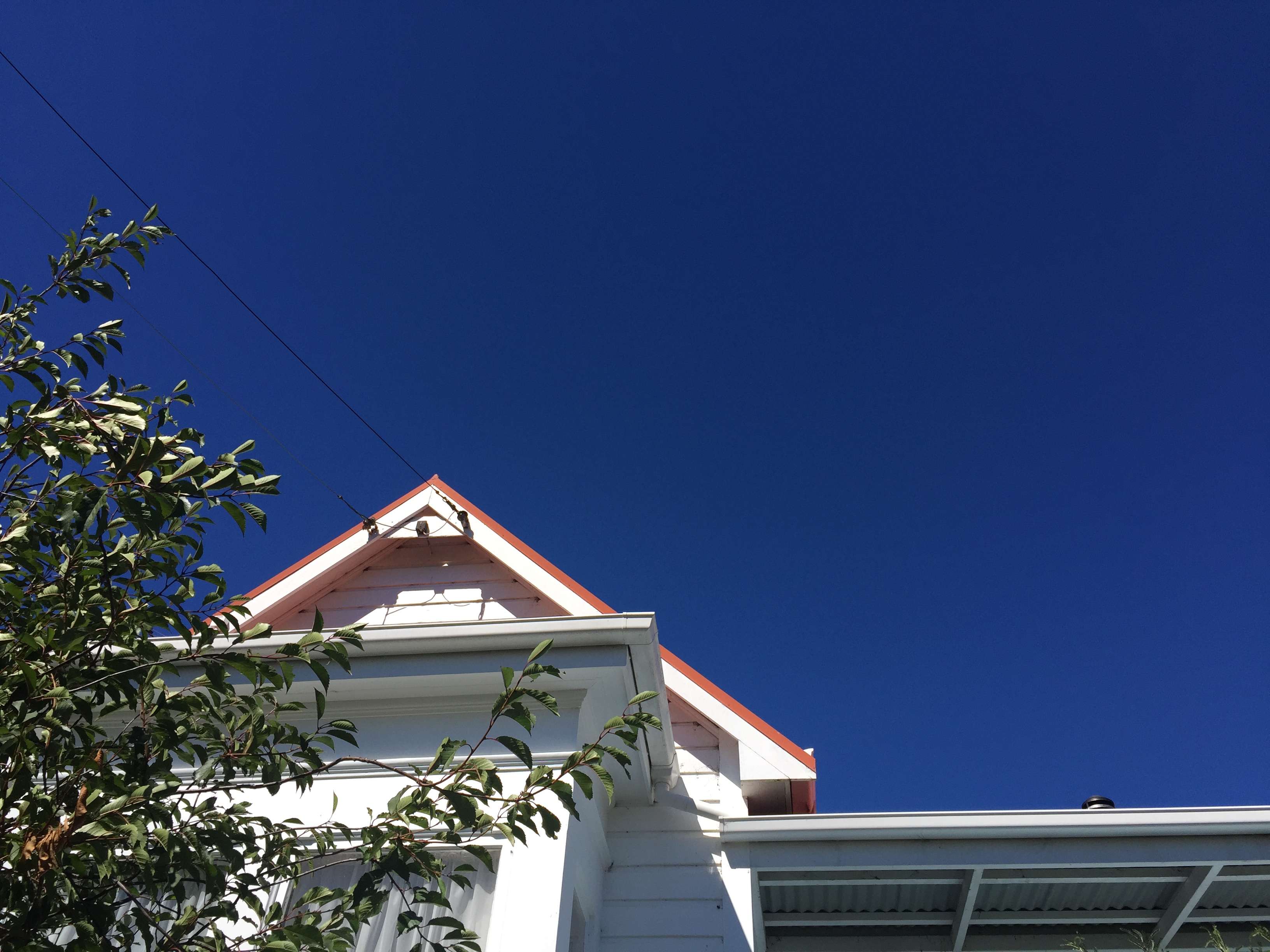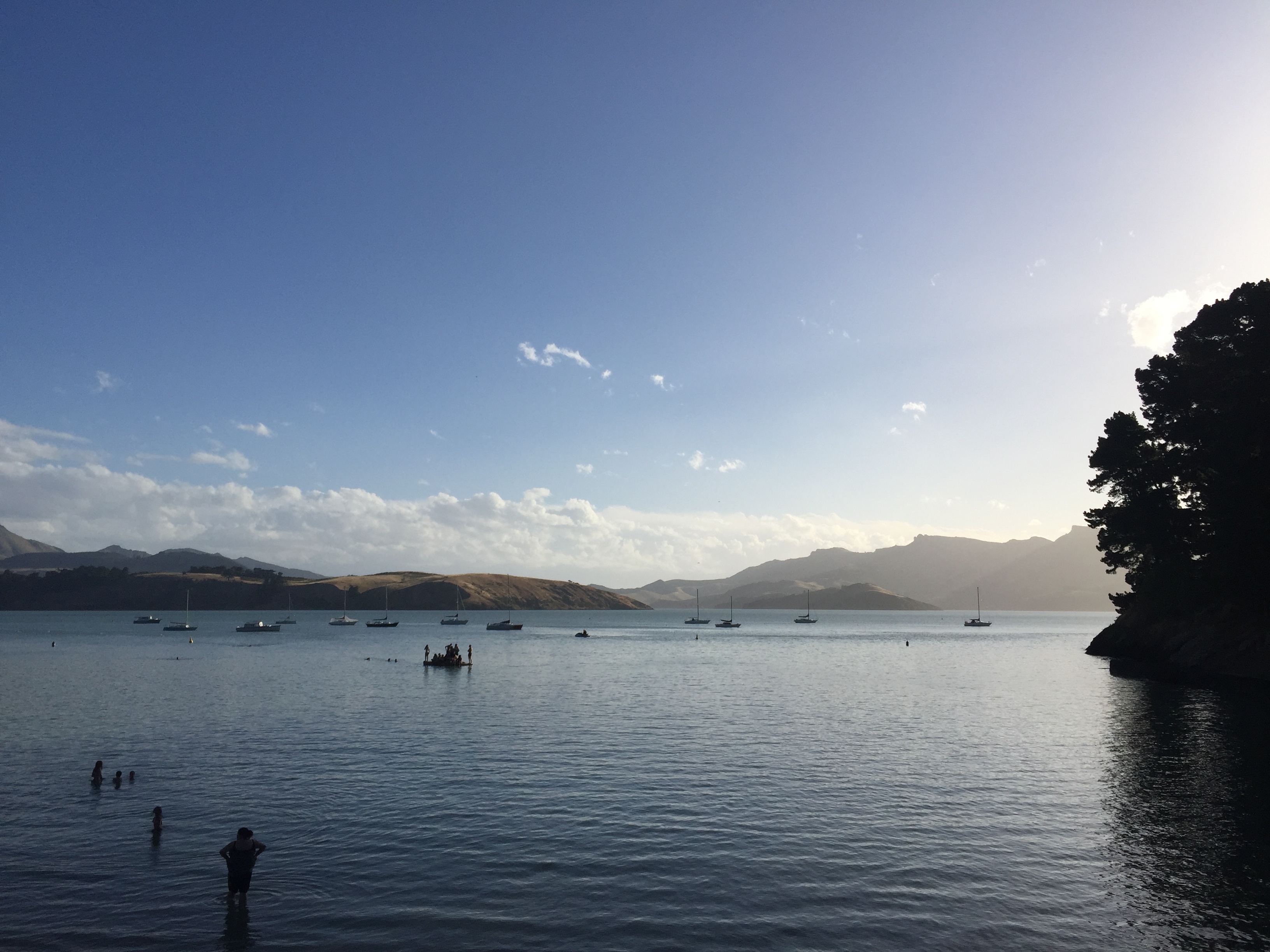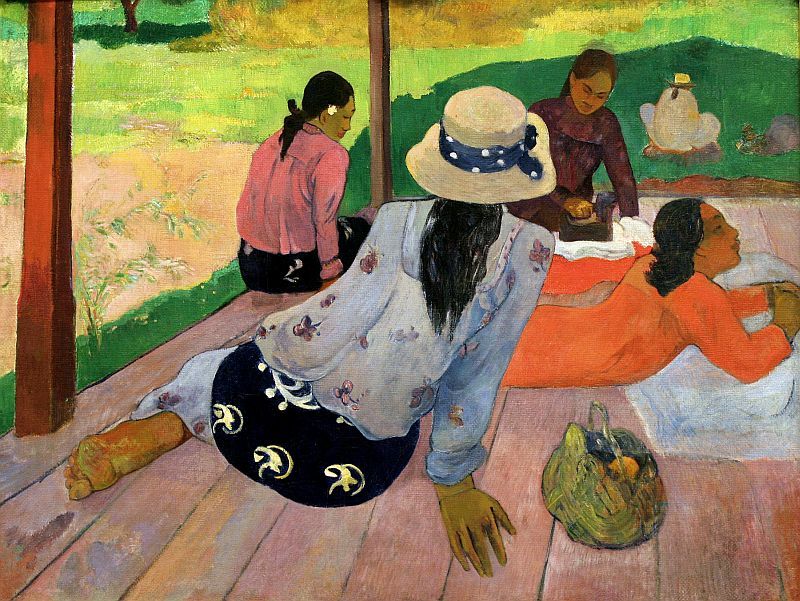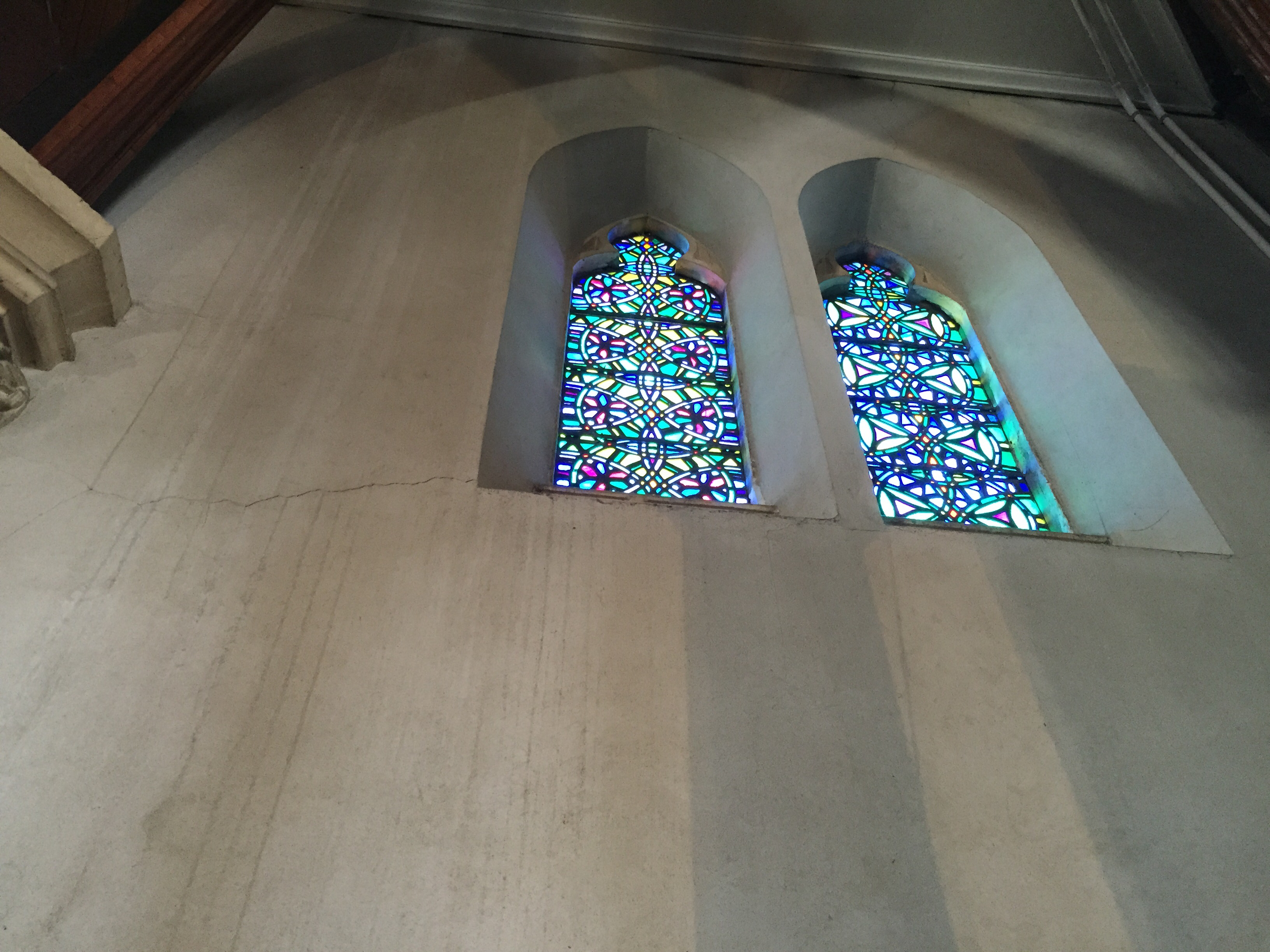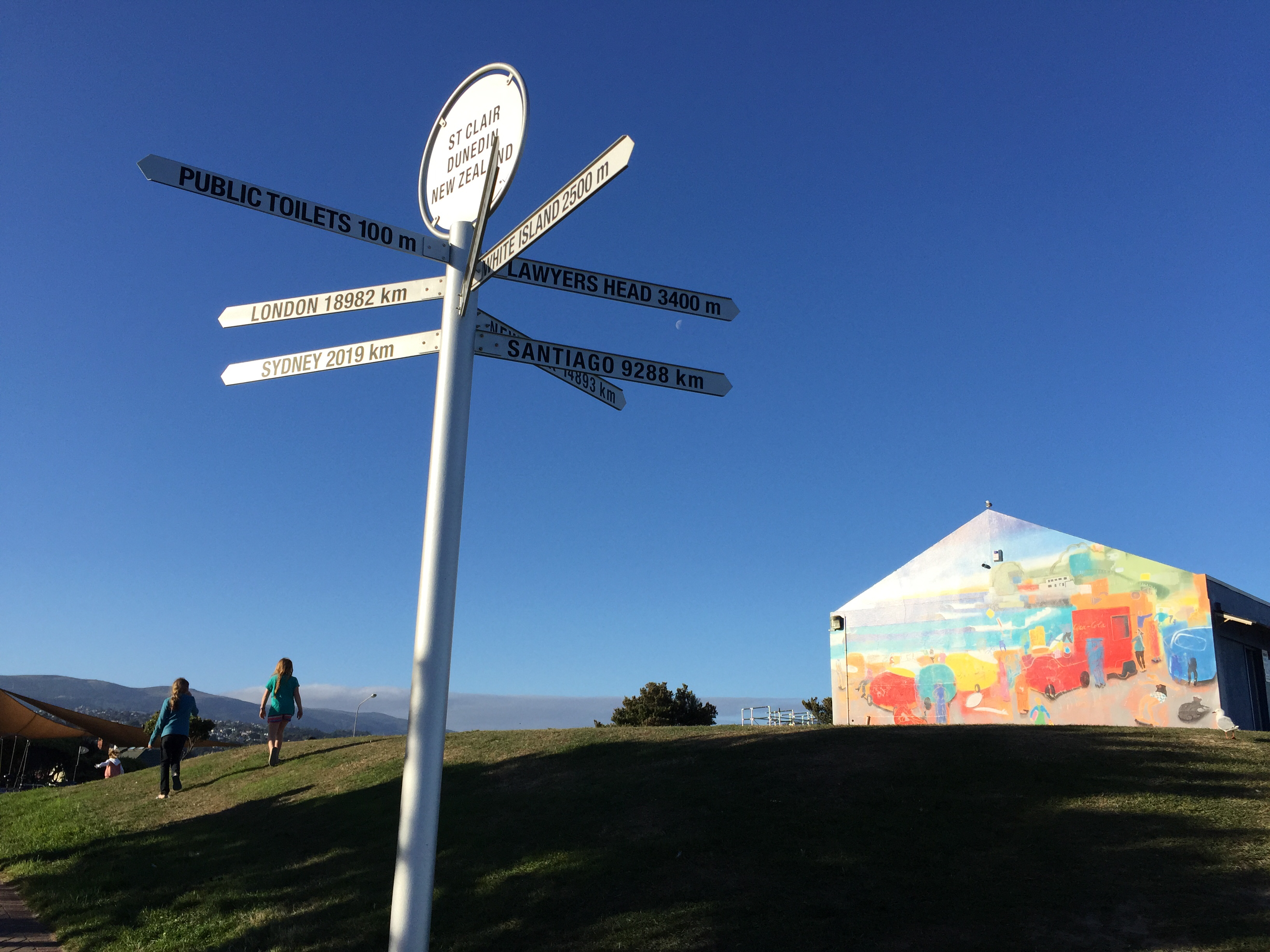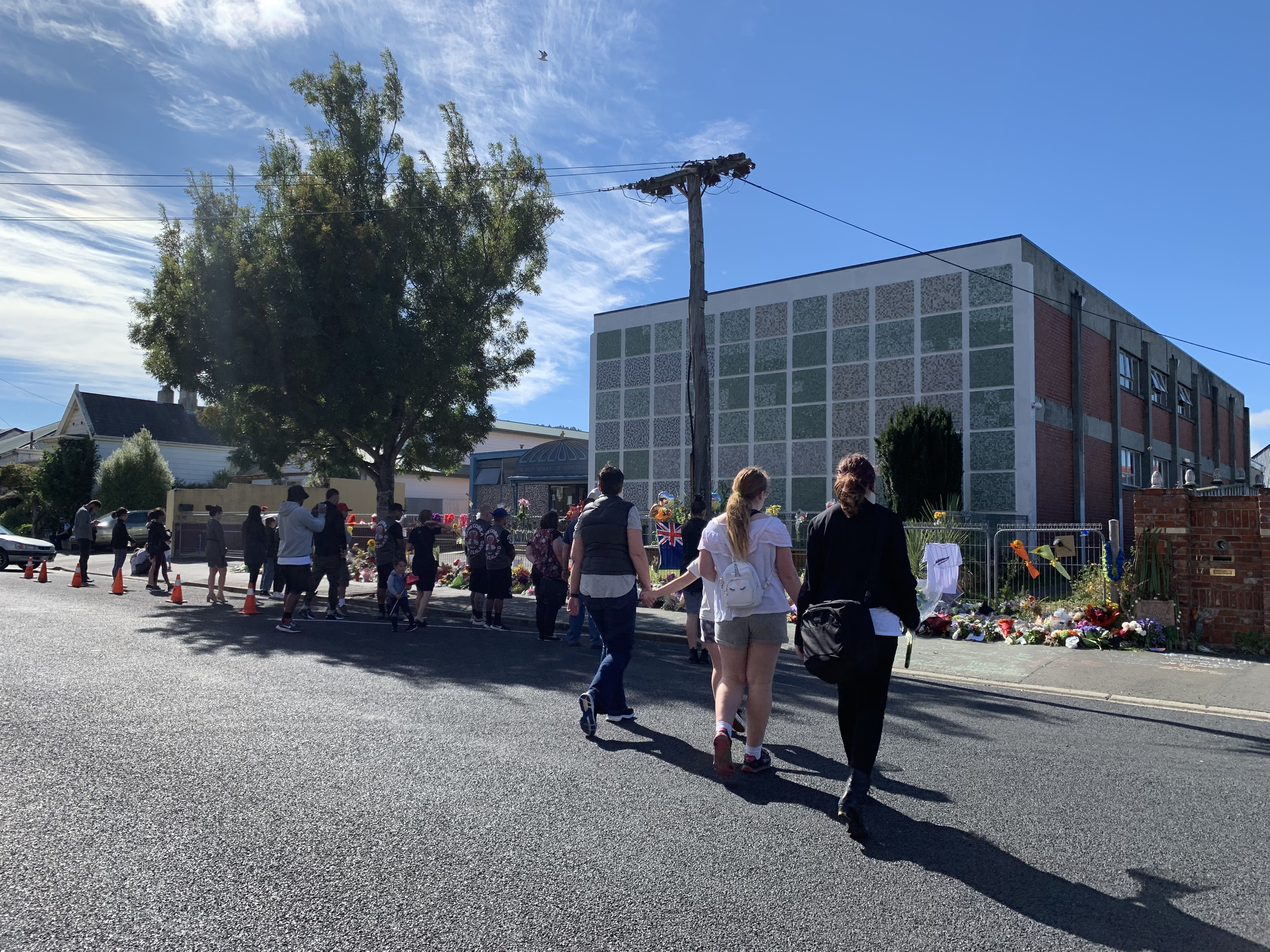
The Friday morning before the mosque shooting I walked with Abigail to school, along North Road and all the way up Blacks Road. I was completely out of breath, but so alive and mobile after months of sickness it was incredible. From the top I could see across the valley to the hills on the western side of town, repeating slopes of white squares and green, and just visible the grey blur of the hospital building of the rehab ward I stayed in.
I put Jean-Michel Jarre on to walk back down the hill, and as I was walking I realised it was the kind of music I would have listened to on my walkman bussing home from school in 1992, my final year of high school. The year which could have meant so many different things, could have given birth to so many different parts of me, could have opened up the wildness I hid inside. But it didn’t.
The music was trippy in my ears as I walked steady down the road, and I kept thinking about that time, when I loved The Pet Shop Boys and wrote strange little stories, and constantly talked to myself in my head. That was the year I could have known I was attracted to women. The year I could have had some sort of plan about what I wanted to do with my life. But there was so much I was avoiding about myself, so much I didn’t understand.
That Friday afternoon news about the shooting started filtering through. Our first reaction was puzzled disbelief, and then as the number of victims continued to rise, total shock and dismay. We shouldn’t watch too much of the news, we said, as our fingers kept hitting refresh on our phones. We should try to distract ourselves, we said. But the number kept growing.
The weekend went by in a daze, and on Sunday morning we went to church. We needed peace, and space to process. We wanted to share our grief, not wrestle with it alone. The choir sang Pleni sunt coeli – Heaven and earth are full of your glory – Dona nobis pacem – give us peace, and I cried. After church we bought three bunches of what was left of the flowers in the New World Supermarket on St Andrew’s Street and took them to the Al-Huda Mosque only a few blocks away. What else was there to do?
The focus of the morning’s service had been the image of God as mother hen, wings stretched over her chicks. The text was taken from the book of Mathew, where Christ is recorded saying “Jerusalem, Jerusalem… how often have I longed to gather your children together, as a hen gathers her chicks under her wing.” The text was poignant for two reasons, one being that the city of Jerusalem is sacred to all three Abrahamic faiths, the other being that the image of God as mother hen is one of the most tender of the feminine images of God in the bible. And oh how we wished she could have gathered her children away from that Friday afternoon.
The service kept referring back to the tragedy, and to the Islamic communities in Christchurch and Dunedin. It was a human response to the horror more than a Christian one, and that felt right. The verb the minister returned to as he expanded on the text was gathering. He asked a question: how can we be a people who gather under the wings of God? What a question it was. I picked up my phone and typed it into a note, and as I typed it I thought of how the question would read if we replaced “God” with “Love.” How can we be a people who gather under the wings of Love? What would that look like?
Around that time I’d been thinking about the parable of the lost coin, the story the book of Mathew recounts Christ teaching. In it a peasant woman has lost a valuable coin, and sweeps every inch of her house to find it. An engraving by the English painter Millais has her with a broom, bent over a candle. The room is dark, and through the window above are stormy clouds. A traditional reading of the story would have God as the woman searching, us frail humans the lost coin.
It occurred to me as I was walking that Friday morning, while I was thinking about 1992 and everything I was avoiding in myself back then, that if God is in me, as I believe God is in all, then I am both the woman sweeping and the lost coin. And I have been looking for myself all along. Searching diligently. Sweeping and turning and looking. I’ve had the broom. I’ve had the candle. The sky was wild and dark, but I found myself. Or should I say, I keep finding myself.
I’ve said this kind of thing so many times here it feels like a truism. But I got sick in October and didn’t really start recovering until April, so I’m in the mood for telling the truth. The six months between October and April disappeared in a blur of fatigue and vertigo and trouble walking. Most of these symptoms were functional, which is another way of saying we don’t really understand why. But the symptoms were as real as the hard ridge that formed underneath my right little toe from limping for so long.
So I’ll tell you what I think. I think the gathering of the mother hen is a similar action to the searching of the woman looking for her lost coin. The mother hen is bent on drawing in, collecting, gathering all of her chicks, and the woman searching for the lost coin is gathering too – collecting, searching and sweeping. If we can see ourselves in both the woman and the coin, then we can see ourselves in both the hen and the chicks. It’s not an either/or. We are not bound to the passive, dependent role, our rescue always from outside of ourselves. No, we get to do the gathering too. We can, if we choose to, search out and gather together all the parts of ourselves. Collecting and drawing in what we’ve avoided and repressed and misunderstood.
The white gunman who planned and carried out the mosque shooting in Christchurch had been a resident of Dunedin. His car was registered to an address in Sommerville Street. That’s not my street. I don’t live there. But if he had been my neighbor, I have this heavy feeling I would have avoided him. I don’t know what to do about that. I’m sorry. And I’m wording this carefully, so as not to be insensitive to the trauma and grief of others, but I want you to know I’ve begun to gather myself together. I’ve stopped avoiding myself. I’m carefully drawing in the disparate parts of me, even the ones I avoided for so long. And maybe that helps? It might help.
